Nigeria sells 15-year $1 billion eurobond
Last Thursday marked Nigeria’s return to the eurobond market after a four-year hiatus. The 15-year $1 billion eurobond, rated B by Standard & Poor’s and B+ by Fitch, was priced at 7.875 percent, above the government target of 7.5 percent. The bond was nearly eight times oversubscribed, receiving bids of $7.8 billion. The oversubscription shows the high interest in Nigeria’s debt, despite the country’s macroeconomic woes: Nigeria is experiencing its worst recession in 25 years, and inflation increased to 18.7 percent this month. The funds raised will be geared toward financing Nigeria’s budget deficit and investing in developing Nigeria’s infrastructure. Still, there are positive signs that potentially prompted investors to put their weary feelings aside, including the recent rebound in oil prices and the country’s low public debt, which makes up only 15 percent of GDP (compared to Ghana, whose debt-to-GDP ratio currently stands at 72 percent).
In other news, this week, the Nigerian federal government recovered more than $180 million in looted funds from four sources, one of which being former head of the country’s state-run oil company, Andrew Yakubu, who was hoarding $9.2 million in cash. The largest amount recovered was of $136.7 million. The funds were hidden in an international account under a fake name, according to Information Minister Lai Mohammed. The funds were recovered through Nigeria’s whistleblowing policy, which gives citizens a portion of the recovered funds if they report corruption-related cash embezzlement.
Kenyan doctors’ union leaders released from jail
On Thursday, Kenya’s Court of Appeals ordered the release of seven doctors jailed for contempt of court over the ongoing strike of the Kenya Medical Practitioners’ Union in order to encourage negotiations with the government. The doctors, who are leaders of the union, were imprisoned for organizing the strike. Meanwhile, the public hospitals in the country are “almost at a standstill” according to the BBC as the strike continues. Several news outlets report long lines and waits at hospitals, a lack of care for non-emergency patients (such as those with cancer), and struggles by Kenyans to drum up the money to go to private hospitals.
Doctors and hospital staff have been striking for two months over the lack of implementation of a 2013 deal signed between the federal government and the union, which includes a pay raise and improved working conditions (such as security, equipment shortages, and maximum working hours). They are also asking for more hiring of medical personnel as the current doctor-patient ratio stands at 1 to 16,000. In addition, the union is asking for a pay raise of 180 percent and has so far rejected the government’s offer of 40 percent. For perspective, Kenyan doctors currently earn between $400 and $850 a month while legislators can earn close to $14,000 a month (Al-Jazeera reports that they earn about $5,000 per month with thousands more in “perks).
Nigeria and South Africa hold calls with U.S. President Trump
On Monday, February 13, U.S. President Donald Trump held a call with Nigerian President Muhammadu Buhari, who is currently in London on medical leave. The authenticity of the conversation was briefly called into question due to a slight delay in the White House acknowledging the call, but the White House issued a statement confirming its existence on February 15. The call also prompted some controversy as Buhari has yet to address the Nigerian public since he left Nigeria on January 19, raising concerns over his health, although pictures were published this week via his Twitter account of a meeting with Senate President Bukola Saraki, Speaker Yakubu Dogara, and Senate Leader Ahmed Lawan at Abuja House in London. According to Femi Adesina, Buhari’s aide, the call with Trump focused on the two countries’ shared security priorities in the region, with Trump raising the possibility of striking “a new deal in helping Nigeria in terms of military weapons to combat terrorism.” Trump also invited Buhari to Washington, D.C. at a mutually convenient date. A day later, Andrew Herscowitz, program coordinator of the U.S. government’s Power Africa initiative, announced that the U.S. is planning to invest $1 billion in Nigeria’s power sector—although he did not specify exactly how the investment would be allocated across different energy resources and along different stages of the energy value chain.
Also on Monday, President Jacob Zuma of South Africa received a call from Trump, which centered on further reinforcing the already-strong business and trade ties between the two countries. The leaders also discussed the need to collaborate on mutual security issues in the region, namely the fight against terrorism. While Trump reached out to the two largest economies in sub-Saharan Africa, government officials in other African countries—for example, Kenya—were left wondering when their call from the new U.S. president would come, according to the Daily Nation.
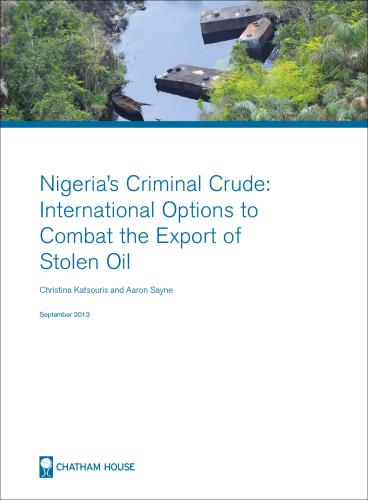
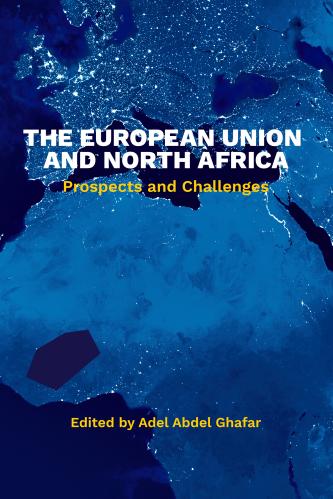
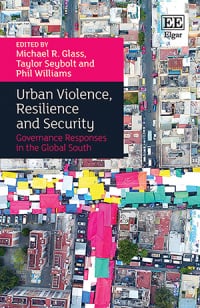
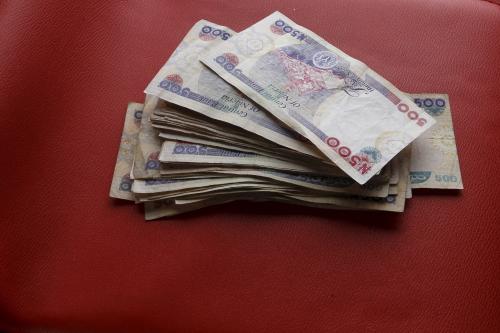
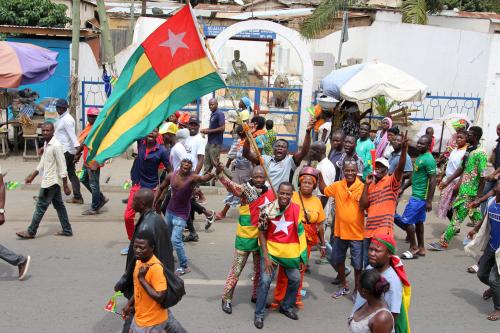
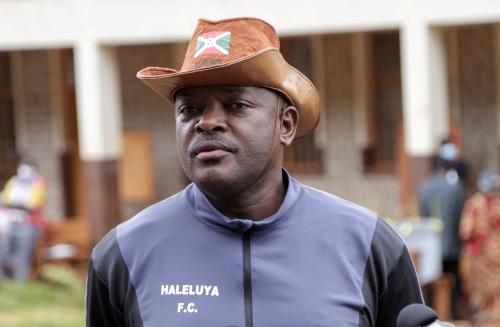




Commentary
Africa in the news: Nigeria sells eurobond, Kenyan doctors continue to strike, and Trump contacts Nigeria and South Africa
February 17, 2017